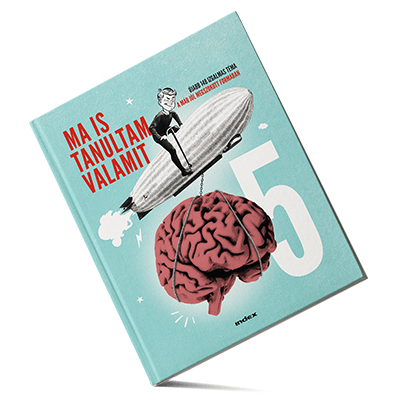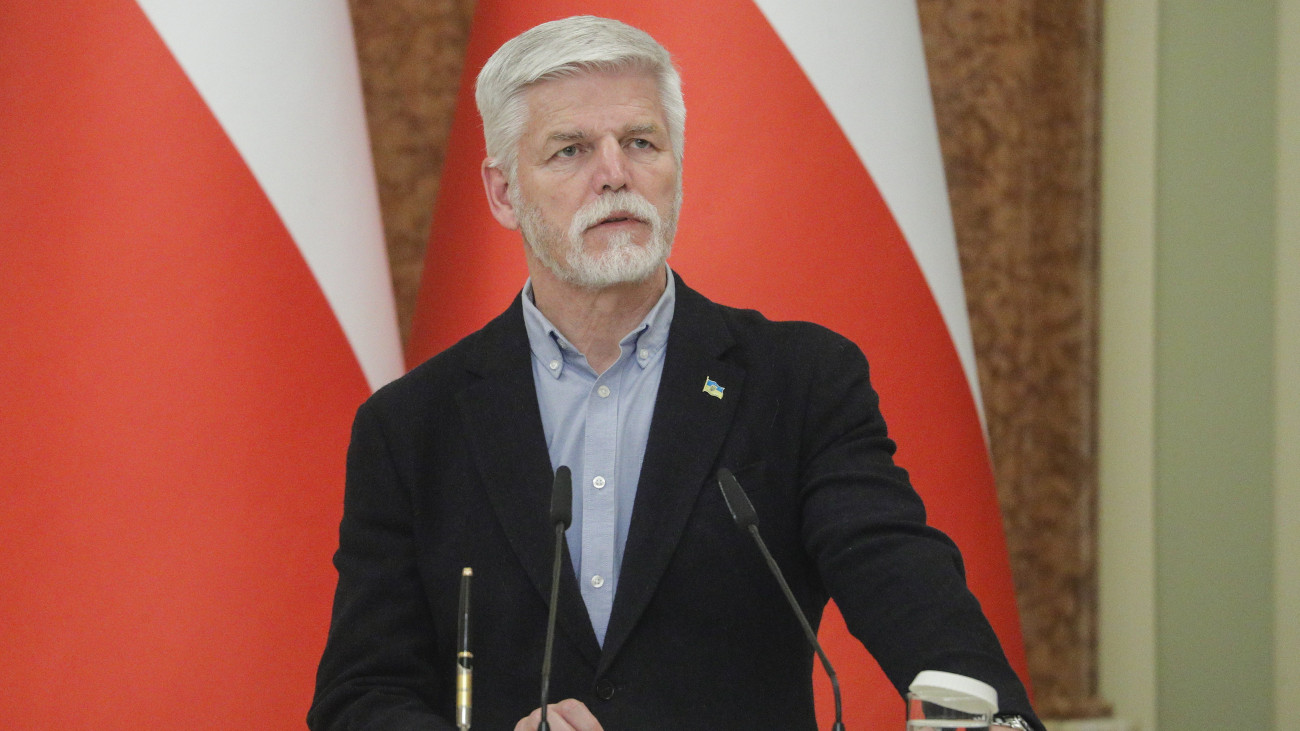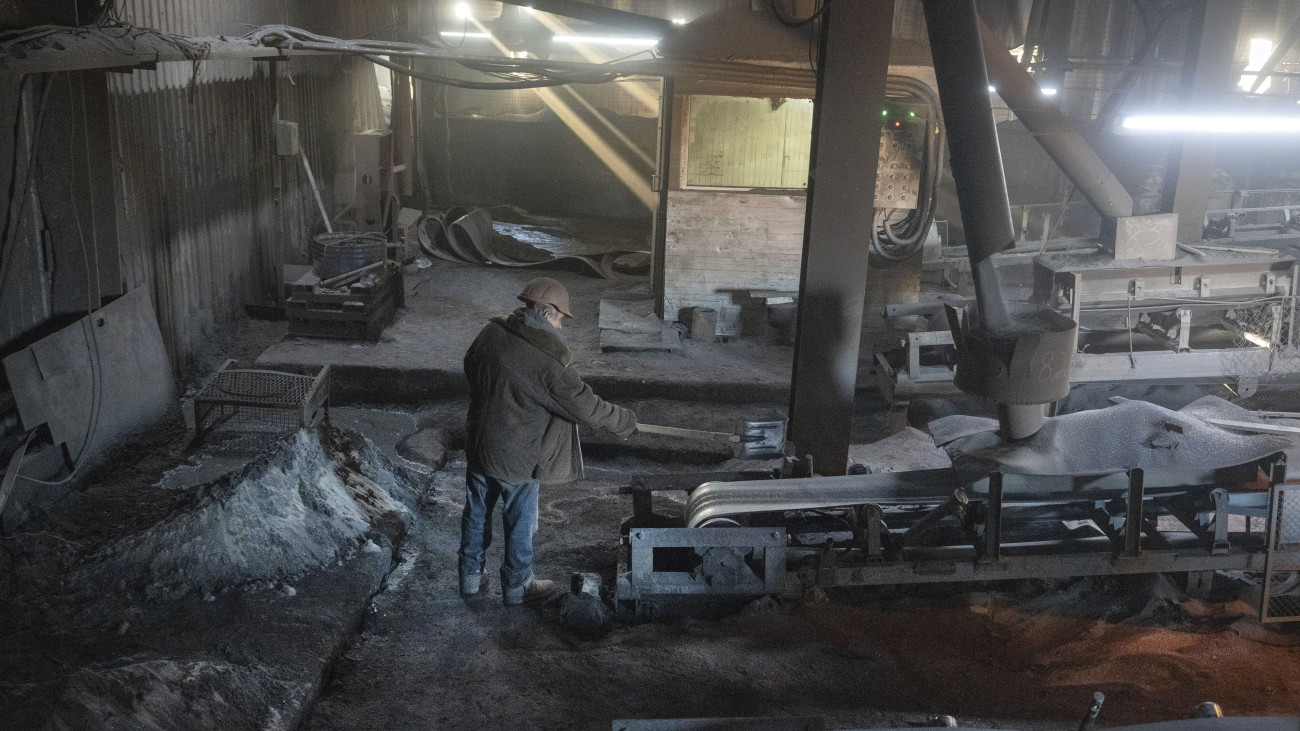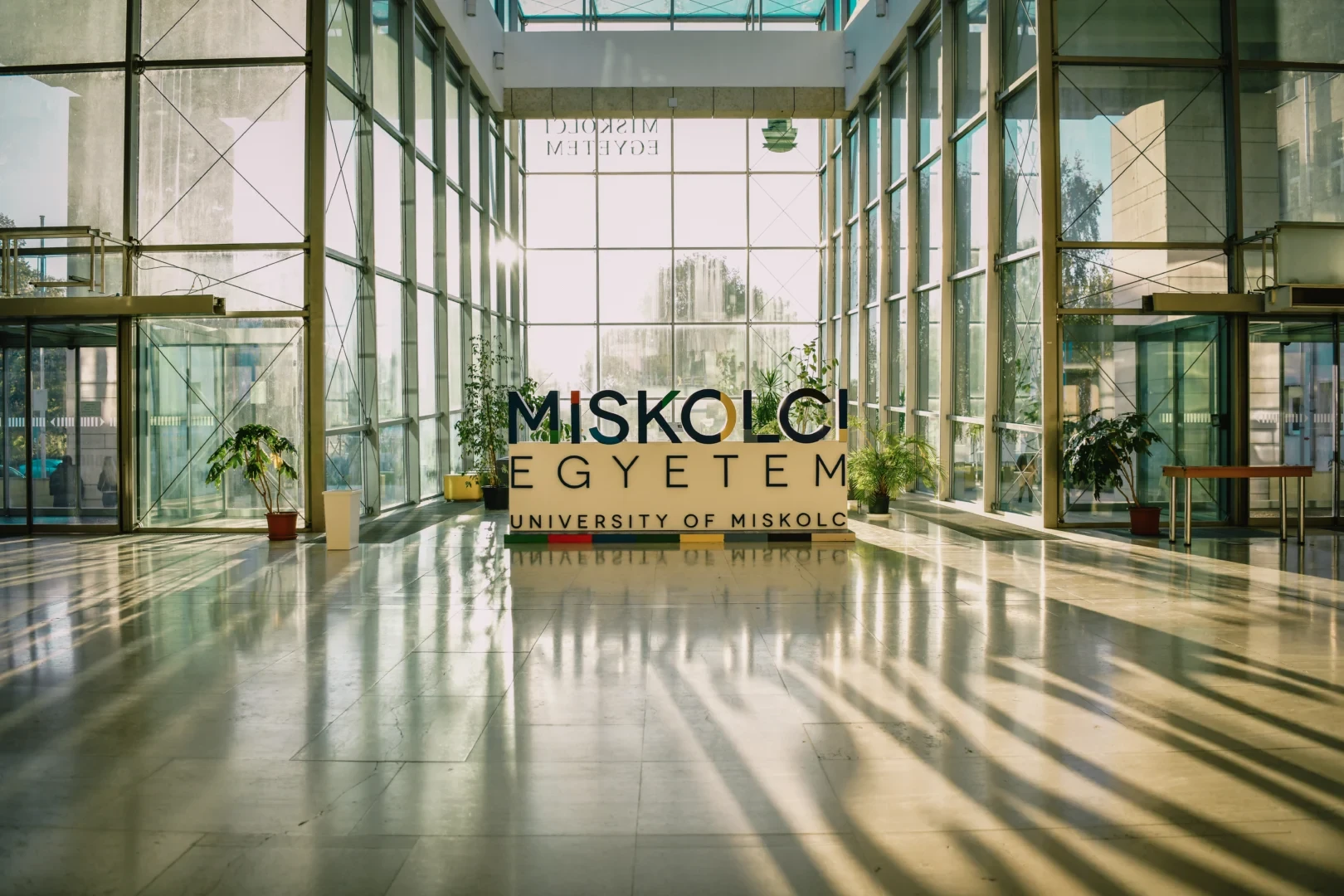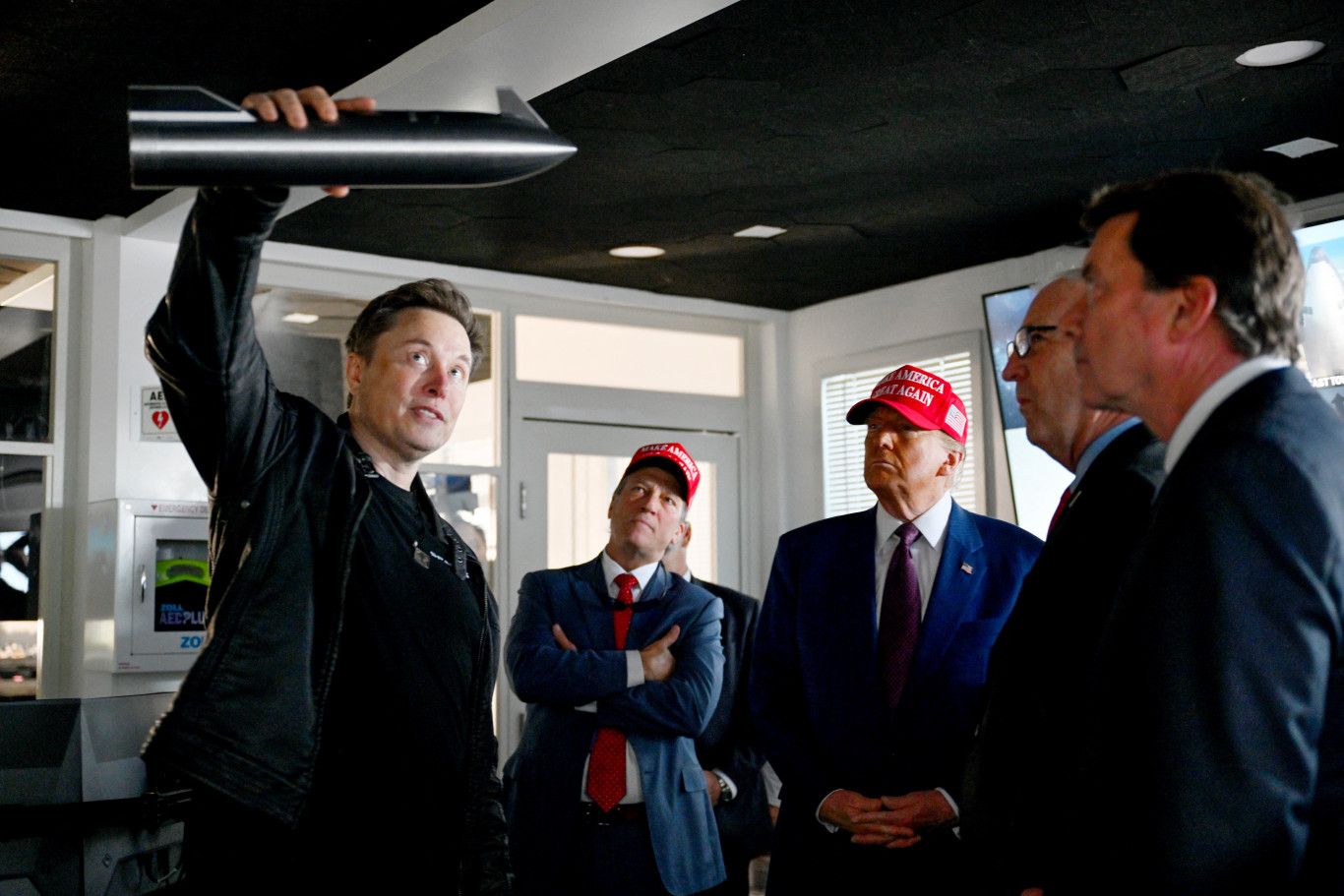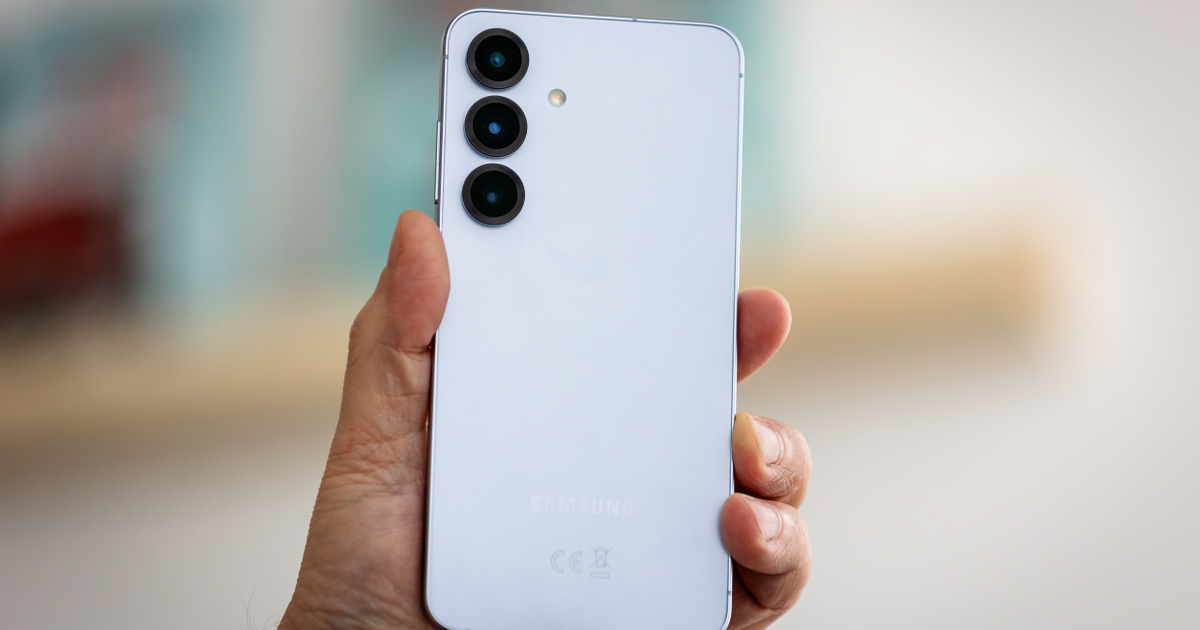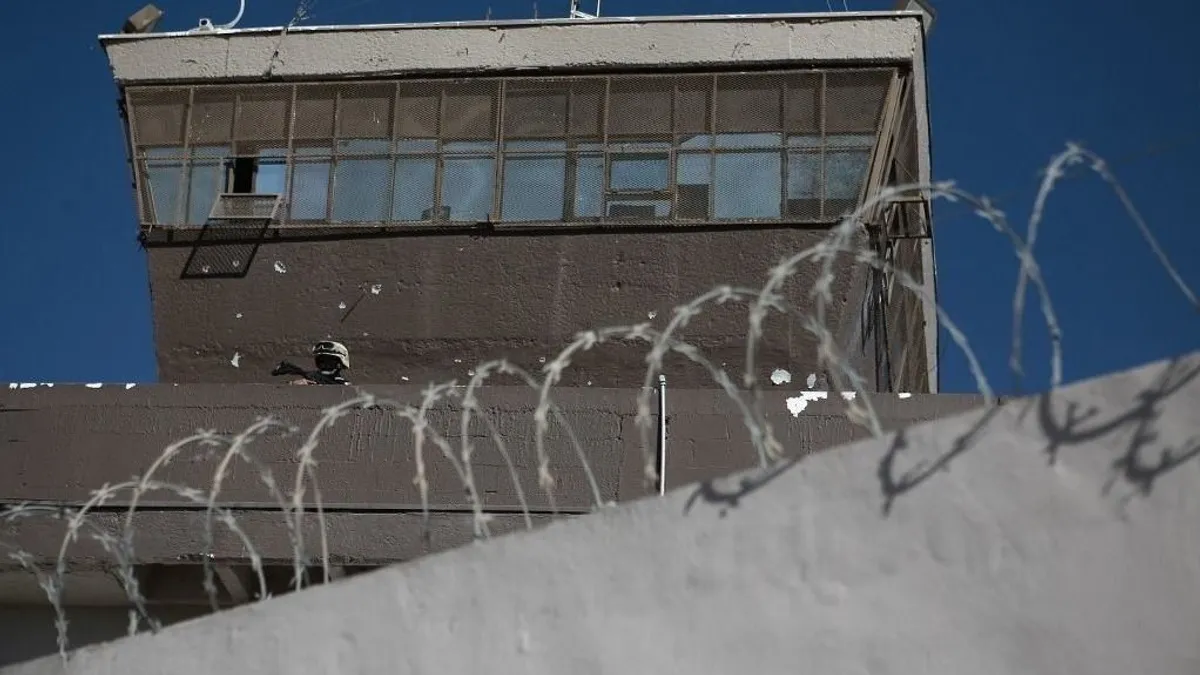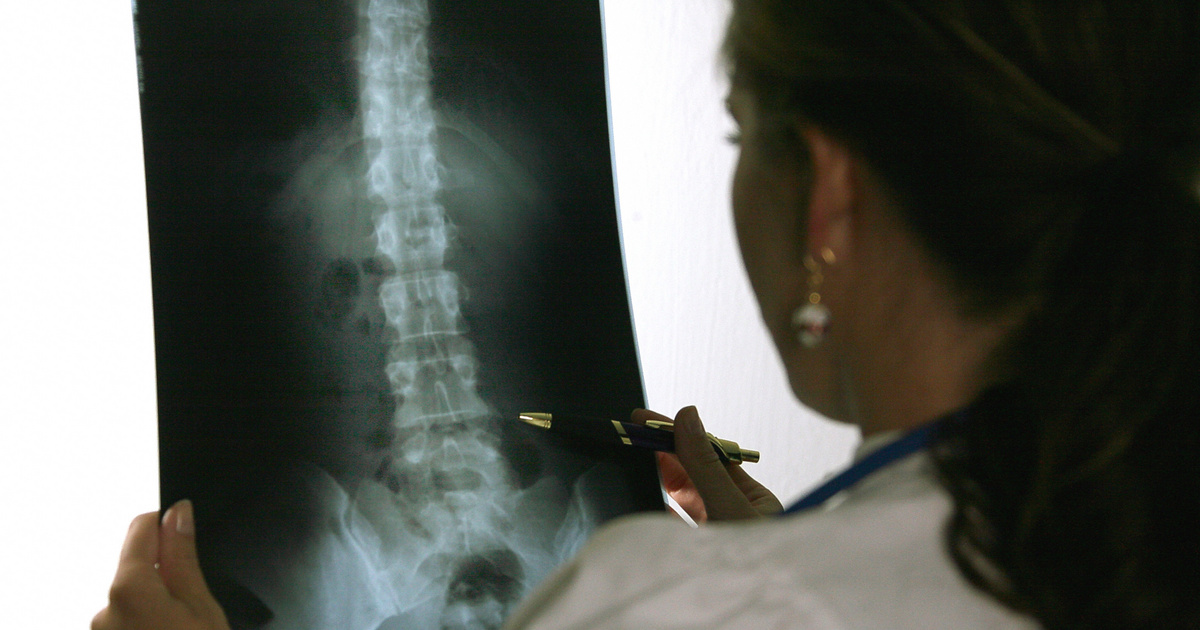Researchers from the University of Szeged (SZTE) have developed an IT solution that helps in the diagnostic process in spine medicine in cooperation with the staff of Buda Health Center Kft. The IFUA Horváth & Partners Kft., Public Relations Directorate for Higher Education informed the institution MTI.
The announcement stated: The tremendous development of medical imaging technology has made significant progress in detecting diseases, establishing early diagnosis, and applying effective treatments.
According to reports, the number of imaging tests is growing twice as fast as the number of radiologists who can detect them, so the shortage of specialists is a global problem. At the same time, systems using artificial intelligence are developing at a rapid pace, which is gradually making its way into healthcare applications.
They added.
The three-year project with a budget of HUF 1.179 billion and a grant of HUF 718 million from the National Research, Development and Innovation Office, has created a digital interface through automatic detection, where collaboration between patient and doctor can also be improved. Such as quality and outcomes of care.
They explained that through scientific processing of tens of thousands of MRI spine scans, specialists have created a database containing image and text information, which serves as a basis for the development of artificial intelligence and machine learning algorithms.
They also explained that an application that retrieves MRI images of the spine could speed up manual retrieval and contribute to a more accurate diagnosis.
In the R&D project, employees of SZTE's Software Development Department and Artificial Intelligence Research Group developed artificial intelligence modules for text and image processing.
